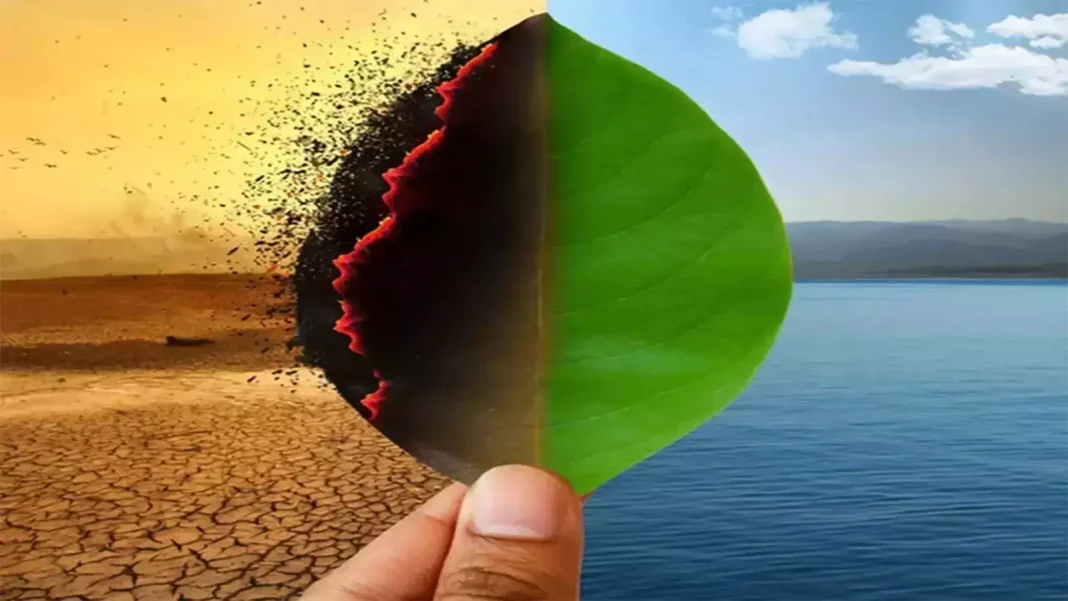The ticking clock of climate change is not just an environmental crisis but a moral dilemma that defines our generation. As wildfires rage across continents and polar ice caps dissolve into memory, the real question isn’t about technological solutions but about collective willpower.
Why should a teenager in Mumbai or a farmer in rural Brazil care about emissions from industrial giants oceans away? Because climate injustice doesn’t recognize borders. The most vulnerable populations bear the brunt of decisions made by those in power, and the window for change is rapidly closing. Rising sea levels threaten coastal communities, droughts devastate agricultural livelihoods, and erratic weather patterns uproot families from their homes. This isn’t a distant catastrophe; it’s a present reality for millions around the world.
Acting on climate change isn’t charity – it’s justice. To protect the air we breathe, the water we drink, and the lands we call home, we must redefine progress. It’s time to amplify the voices of Indigenous communities, invest in renewable energy, and hold corporations accountable. Renewable energy isn’t just a futuristic dream; it’s an economically viable path that creates jobs and secures energy independence. Governments must introduce stricter environmental regulations and redirect subsidies from fossil fuels to green initiatives. Our legacy will be judged not by economic growth alone but by the health of our planet. The future isn’t something we inherit; it’s something we borrow – and our debt is due.

